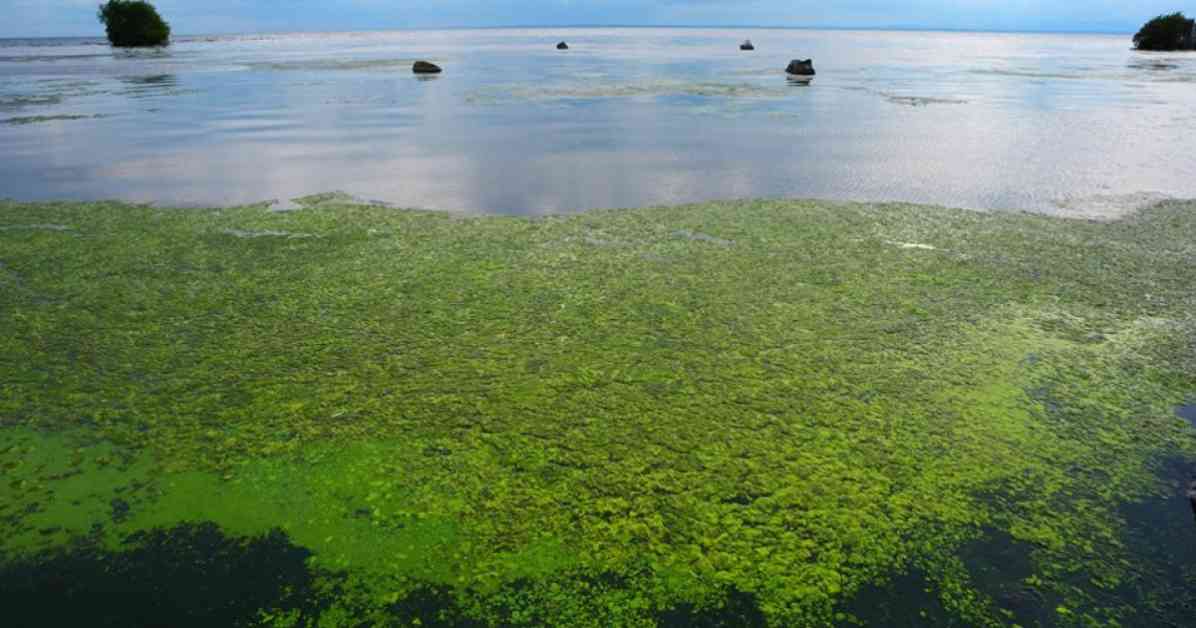Experts are warning dog owners about the dangers of toxic algae that can be deadly to pets. Blue-green algae blooms over lakes and rivers, giving the water a green color and a musty smell. Testing conducted around the shore of Lough Neagh in Northern Ireland revealed the presence of bacteria usually associated with feces, such as E.Coli and Salmonella.
Researchers suspect that these toxins in the water could have been responsible for the deaths of some dogs that came into contact with the algae last summer. One dog owner, Jan Edgginton, tragically lost her two-year-old Flat-Coated retriever Cove after he encountered the lethal algae. Despite efforts to move Cove away from the water, he passed away within 45 minutes. Jan expressed her devastation, highlighting how quickly and unexpectedly the algae can harm pets.
Lead author Dr. Neil Reid from the Institute of Global Food Security at Queen’s School of Biological Sciences explained that the results confirm Lough Neagh as a “hypertrophic” waterway, indicating severe nutrient pollution from agricultural, industrial, and domestic sources. The presence of high levels of toxins in the water can not only harm animals but also pose risks to humans, causing liver damage and affecting the nervous system.
The study published in the journal Environment International revealed that over 80% of bacterial DNA recovered from algal mats in Lough Neagh belonged to potentially harmful microbes, including E.Coli, Salmonella, and other pathogens that can cause human illnesses. Dr. Reid emphasized the importance of prioritizing ecological restoration to prevent the proliferation of dangerous bacteria and toxins in the environment.
This issue of toxic algae blooms is not isolated to Lough Neagh but is a global problem driven by factors such as nutrient enrichment, industrial discharge, climate change, and invasive species. It is crucial for pet owners to be aware of the risks posed by these algae blooms and take precautions to protect their animals from potential harm.
If you have any news tips or stories to share, feel free to reach out to our news team at webnews@metro.co.uk. Stay informed about important news, heartwarming stories, and in-depth analysis by visiting our news page regularly for updates.












